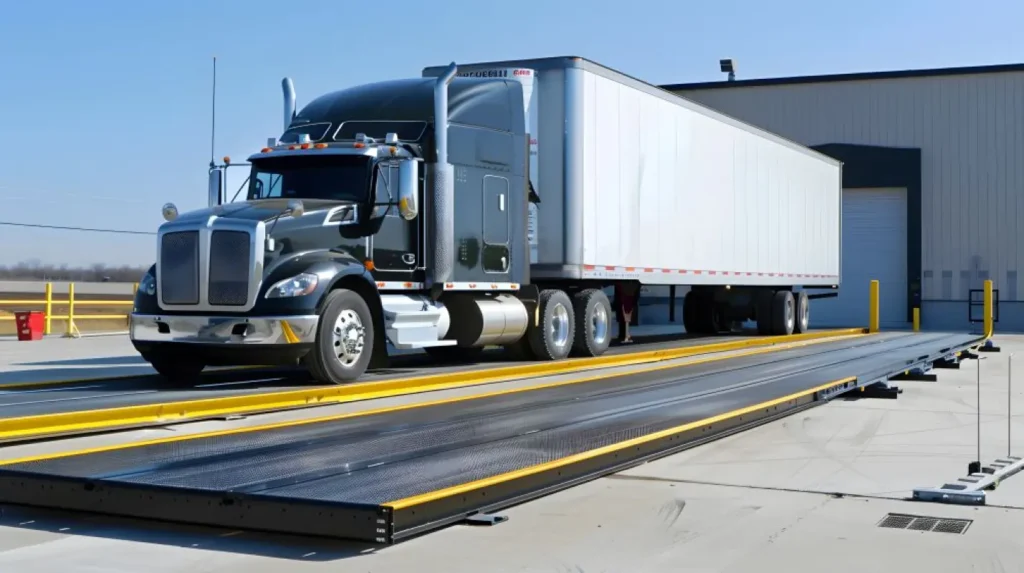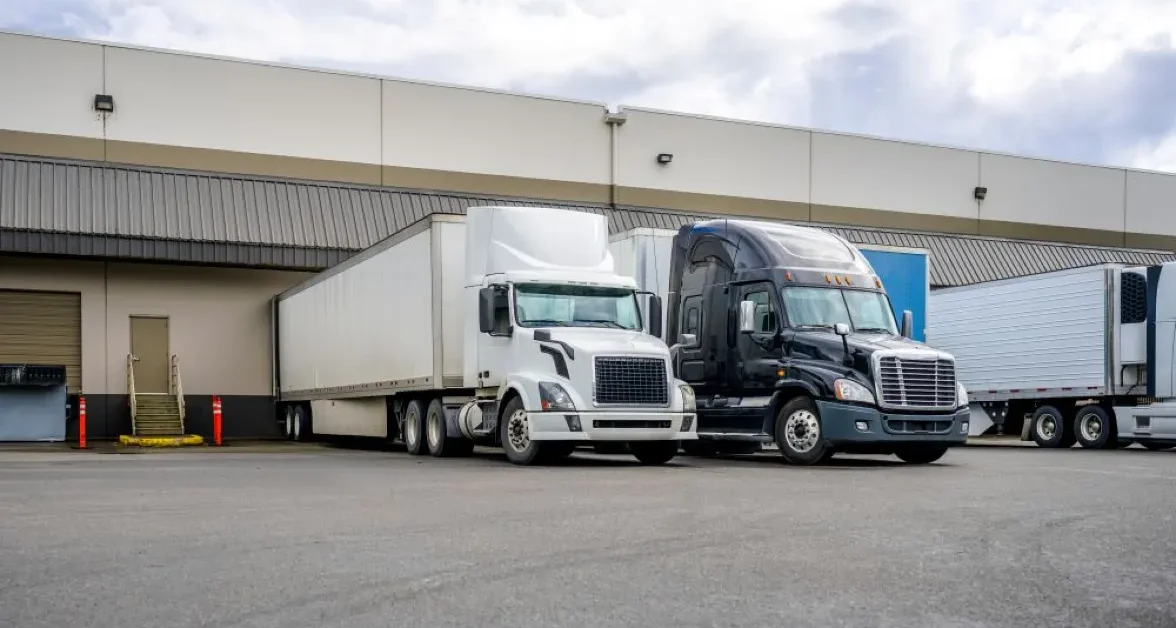Picture this: you have a big load to move, and the only thing standing between your cargo and the open road is the trailer you choose. Pick the wrong one, and you’ll have to deal with leaks, flimsy doors, or a bumpy ride that leaves your gear worse for wear. Choose the right one, and every trip will feel smooth, secure, and stress-free.
When it comes to enclosed cargo trailers, the details matter. Strong frames, dependable locks, and solid flooring can mean the difference between a reliable hauler and one that lets you down. These features add convenience and give you confidence that your cargo will reach its destination in one piece.
So, which features are worth paying attention to and which are just nice extras? Read on to find out!
Contents
1. Sturdy Frame Construction
The frame is the foundation of any enclosed cargo trailer, and it determines how well the trailer can handle weight and rough conditions. A strong steel or aluminum frame makes the trailer durable enough to carry heavy loads without bending or breaking. It’s also worth checking whether the frame is fully welded, since it usually offers better stability than one held together with bolts.
In addition, a solid frame enhances safety while towing. It lowers the risk of swaying or losing balance at higher speeds, which makes handling smoother and more predictable. This stability protects your cargo during the trip and gives you greater peace of mind when driving on highways, taking sharp turns, or crossing uneven roads.
Even if you only shop for a small enclosed trailer, frame strength still matters. Lightweight trailers can face the same bumps, sharp turns, and harsh road conditions as larger models, so choosing one with a sturdy structure ensures dependable performance no matter the size.
2. Quality Flooring
Another critical feature to consider is the flooring. Since the floor supports your entire load, it needs to be tough enough to withstand heavy use.
Plywood and treated wood are common choices, but thicker boards often hold up better against constant pressure. Some trailers may even have reinforced flooring that extends the trailer’s lifespan under demanding use.
Flooring should also resist water damage. Moisture is a common threat that can weaken the structure over time. Consider choosing a trailer with sealed seams and protective coatings to keep the floor intact and prevent costly repairs in the future.
3. Reliable Doors and Locks
Doors and locks are more than entry points. They are the first line of defense for your cargo. A dependable trailer should have doors that open and close smoothly without sticking or jamming. Ramp doors are great for wheeling in heavy equipment, while barn-style doors may work better for lighter loads.
Security also depends on the quality of the locks. Sturdy, tamper-resistant locks help prevent theft and give you peace of mind if you need to leave the trailer unattended. During your search, look for trailers with heavy-duty locking systems designed for security, not just convenience.
4. Weather-Resistant Roof and Walls
One of the main reasons people choose enclosed trailers is to protect cargo from the elements. A quality roof and solid walls ensure that rain, snow, and wind stay outside. Aluminum or steel panels provide durability, while seamless or sealed construction prevents leaks from forming at the joints.
Good insulation can also be advantageous if you plan to transport temperature-sensitive goods. Even without insulation, choosing a trailer with a well-built roof and strong walls keeps your cargo from weather damage during long trips.
5. Adequate Ventilation
Many buyers overlook ventilation, yet it can make a huge difference in protecting cargo. Trailers equipped with roof or sidewall vents allow fresh air to circulate, reducing the buildup of condensation inside. This circulation helps guard against mold, mildew, and potential damage to wooden or fabric materials.
In warmer climates, ventilation becomes even more valuable. During hot summers, proper airflow helps keep the interior cooler and prevents heat from harming sensitive items. Paying attention to these details can protect your cargo and improve the overall lifespan of the trailer.
6. Proper Suspension and Tires

A trailer’s suspension and tires are what make it road-ready. Without the right setup, your cargo can shift or bounce during travel. A good suspension system absorbs bumps and vibrations, creating a smoother ride and protecting your load.
Tires should be strong and rated for the weight you plan to carry. Always check for radial tires, which can last longer and provide better traction than bias-ply tires. Strong tires and dependable suspension ensure your trailer is ready for the road.
7. Convenient Tie-Downs and Storage
Keeping cargo secure during travel is essential. Trailers with built-in tie-down points or E-track systems allow you to strap items firmly in place. Without them, your cargo could shift and cause damage during the trip.
Some trailers even include built-in shelving or storage compartments, which are especially useful if you haul tools or smaller equipment. These additions make it easier to stay organized and reduce the risk of losing important items.
Conclusion
When it comes to enclosed cargo trailers, the details matter. A sturdy frame, reliable doors, and tough flooring can mean the difference between a trailer that lasts for years and one that lets you down when you need it most. Paying attention to the features discussed will ensure that every trip you take is a smooth, secure, and stress-free experience. With the right enclosed cargo trailer, every haul becomes smoother, safer, and more dependable.

